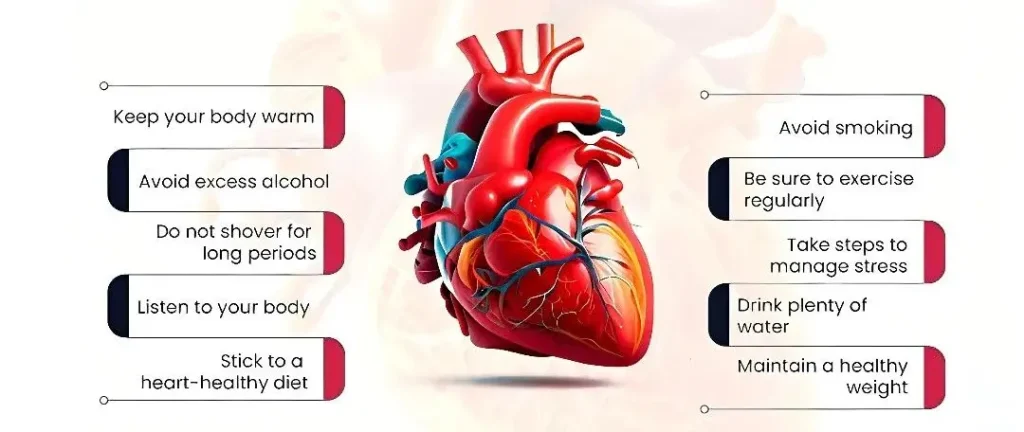
Struggling with a slipped disc? You’re not alone.
It can be painful, overwhelming, and hard to deal with—but timely medical care can make all the difference.
At Oxford Hospital, we’re here to help you find relief. Our expert team offers quick diagnosis and effective treatment options to manage slipped discs and get you back to feeling your best.
Don’t let the pain take over—take the first step toward recovery today.
Slipped Discs: What You Need to Know
What Is a Slipped Disc?
A slipped disc, also known as a herniated or prolapsed disc, occurs when one of the soft, cushion-like discs between the bones (vertebrae) in your spine moves out of its normal position or tears. These discs act as shock absorbers, allowing flexibility and reducing stress on the spine.
When a disc slips out or ruptures, it can press on nearby nerves and cause pain, discomfort, and even mobility issues. This condition can be extremely painful and often requires medical evaluation and care.
Seeking expert advice from a neurosurgeon is essential, as they specialize in disorders related to the spine and nervous system and can provide proper diagnosis and guidance on treatment options.
Understanding Types of Slipped Discs
Not all slipped discs are the same. Here are the common variations:
1. Protrusion
Description: In this type, the disc bulges out of its normal space but the outer layer remains intact.
Effect: The bulge may press against spinal nerves, causing pain, numbness, or tingling. It’s one of the most common types and can severely affect day-to-day movement.
2. Extrusion
Description: Here, the inner gel-like material of the disc (nucleus pulposus) breaks through the outer layer but stays within the disc space.
Effect: This leads to a distorted disc shape and puts pressure on nearby nerves. Pain may be more intense than in protrusion.
3. Sequestration
Description: A more severe condition where the inner material escapes from the disc and moves into the spinal canal.
Effect: Since the leaked material can travel within the canal, it can compress nerves in multiple areas, causing intense pain and even loss of mobility.
4. Bulging Disc
Description: This is a generalized extension of the disc beyond its normal boundaries, affecting a large portion of its circumference.
Effect: While similar to protrusion, bulging is more uniform and may not cause immediate symptoms—but over time, it can lead to complications if untreated.
Symptoms of a Slipped Disc
It’s important to identify the symptoms early. Here’s what you might experience:
- Severe back pain – especially in the lower back
- Tingling or a pins and needles sensation– often in arms or legs
- Numbness – especially in areas served by affected nerves
- Muscle weakness – trouble lifting or holding things
- Pain that radiates – down the legs or into the arms
- Sharp neck or shoulder pain – if the slipped disc is in the cervical spine
- Pain while moving– certain motions may trigger sharp or dull pain
If you or someone you know is facing these symptoms, it’s essential to consult a doctor immediately for proper diagnosis and management.
Risk Factors for Slipped Discs
Certain lifestyle choices and conditions can increase your risk of developing a slipped disc. These include:
- Being overweight or obese – adds pressure on the spine
- Lifting heavy objects improperly – especially in manual labor jobs
- Genetics – a family history can make you more prone
- Sedentary lifestyle – weakens back and core muscles
- Prolonged driving – puts strain on the spine and discs
- Smoking – reduces oxygen supply to spinal discs, weakening them
Being aware of these risks can help you take preventive measures and reduce your chances of injury.
Why Choose Oxford Hospital for Slipped Disc Treatment?
Experiencing a slipped disc can be overwhelming—but you don’t have to go through it alone. At
Oxford Hospital, we provide comprehensive care, from advanced diagnostics to personalized treatment plans.
Here’s what we offer:
- Expert consultation with experienced neurosurgeons and spine specialists
- Accurate imaging and diagnostics using modern technology
- Non-surgical and surgical treatment options tailored to your needs
- Compassionate care throughout your recovery journey
- We’re committed to helping you regain mobility, reduce pain, and improve your quality of life.
Take the First Step Today
Don’t let back pain control your life. Book your consultation at Oxford Hospital and let us help you find lasting relief from slipped discs.


